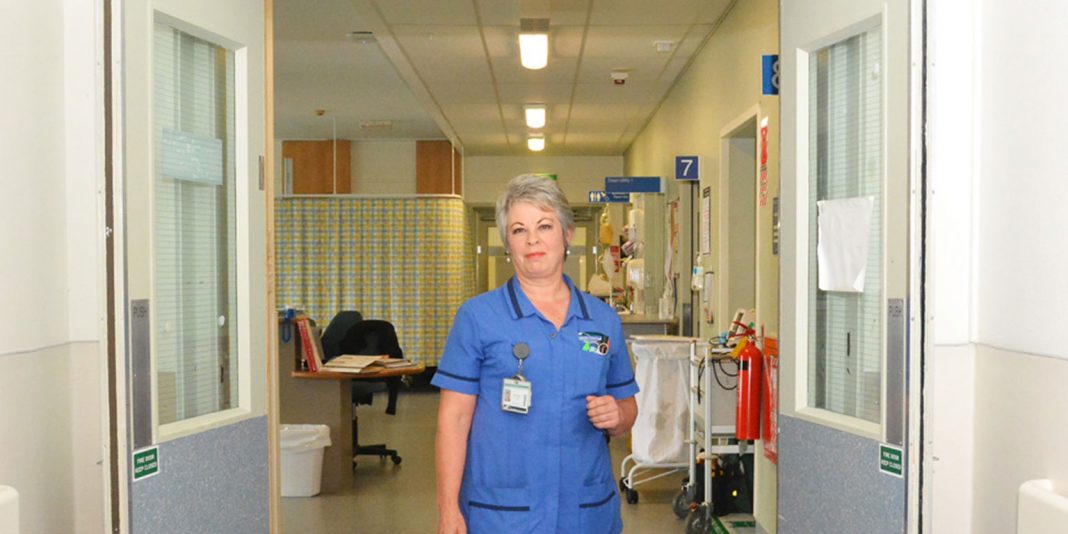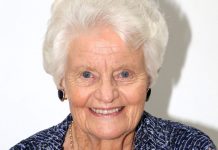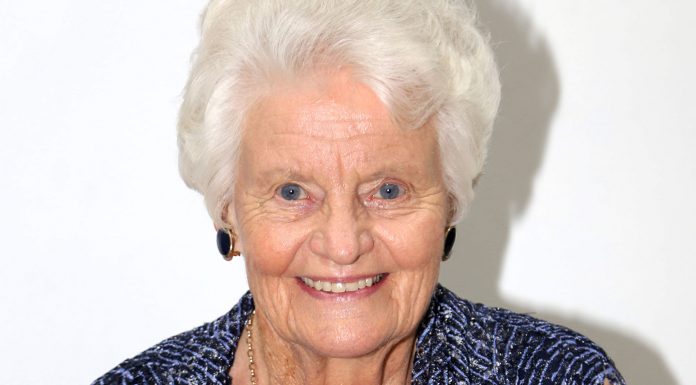With nasty weather and heavy rain, registered nurse Carol Rogers prepared for what she thought was going to be a standard drive from the King Country to work at Waikato Hospital.
Living on a large section of forest, Carol put her “very rural” weatherproof jacket on over her Waikato DHB uniform for the journey.
Traffic was busier with school holidays, and just north of Te Kuiti traffic started to slow to a halt. A fatal accident had occurred and they needed Carol’s help.
As she approached the accident site, she’d removed her jacket by this stage and said “I’m a registered nurse at Waikato Hospital on my way to work, do you need my help?” Carol will never forget the look of relief on peoples’ faces when they saw her uniform.
“The accident was horrific” said Carol. “It was pouring with rain; there was no hospital emergency bell, other medical staff or equipment – clinically, I was it.”
Carol naturally became the leader of this heartbreaking scene. She was very apprehensive at first but once she focused on what was there that all disappeared completely. She utilised her nursing experience, especially from trauma and ED, and skills developed from previous roles that included time in the Royal New Zealand Nursing Corps covering Army, Air force and Navy, and as a prison nurse in the Department of Corrections, where she was often first responder to incidents.
“There were pieces of car all over the road, I had to step over an exhaust system and work my way around broken glass that was everywhere,” she said.
“After ensuring 111 had been called and delegating people to divert traffic, I first went to a vehicle with a casualty laying outside of it; described to me as having a sore foot, the injury was a horrendous fracture.
“The car had the windscreens smashed, and inside was another poor casualty looking absolutely shocked. I climbed inside the car and triaged her and conducted a primary survey to assess injuries where I found a large dent in her chest. The person was surrounded by a mess of broken glass and deployed airbags.
“We realised the car was a fire risk, but being electric we could not turn the engine off, so I had to back her out of the car, being conscious of a possible chest fracture.”
To access the second vehicle involved, Carol had to climb down because it was stuck in a drain.
“It only took one look to see it was too late for them,” she said sadly, having known the occupants from her hometown.
“I also took responsibility for the scene coordination and risk management as I didn’t want others to see what had happened to this couple and informed other people it was now a scene for the coroner that could not be disturbed.
“Although few people seemed to know this, they were amazingly cooperative, and when I went back to check on the other casualties an off-duty paramedic had turned up, which allowed us each to care for the two remaining injured.”
Carol says everything may have been different if she hadn’t been in her Waikato DHB uniform. “I may have had problems getting people to listen to my advice and wouldn’t naturally have become their leader in a way. As a nurse, in our uniforms this is what we do every day on the job – lead, care and comfort people.
“At all times I was very conscious of the fact I was a registered nurse and an employee of the DHB and I had to work within my scope of practice.
“It was a relief when the medical, police and fire crew arrived. They also saw my uniform and at times thought I’d brought my medical equipment, with some asking if I had a stethoscope and a cannula,” she smiled.
“When the scene started to clear and I was left alone to provide my statements with a police officer, I noticed I’d lost my glasses, I was cold, I was thirsty, I was also in a bit of shock. I’ve seen lots of accidents and odd events on these roads but nothing like this.
“Maybe because I was in my uniform I didn’t get victim support offered straight away either, and I didn’t have my work colleagues to debrief with, which was quite hard,” she said.
Carol’s advice to anyone in a first-response situation is that as you can’t prepare for what will happen next, work well with what you know and do it well. Don’t make decisions that you don’t think you have the experience or training to do, unless you absolutely have to. Delegate just one task at a time and request immediate feedback when it is completed, stay calm and always thank everyone for their help and input.





















